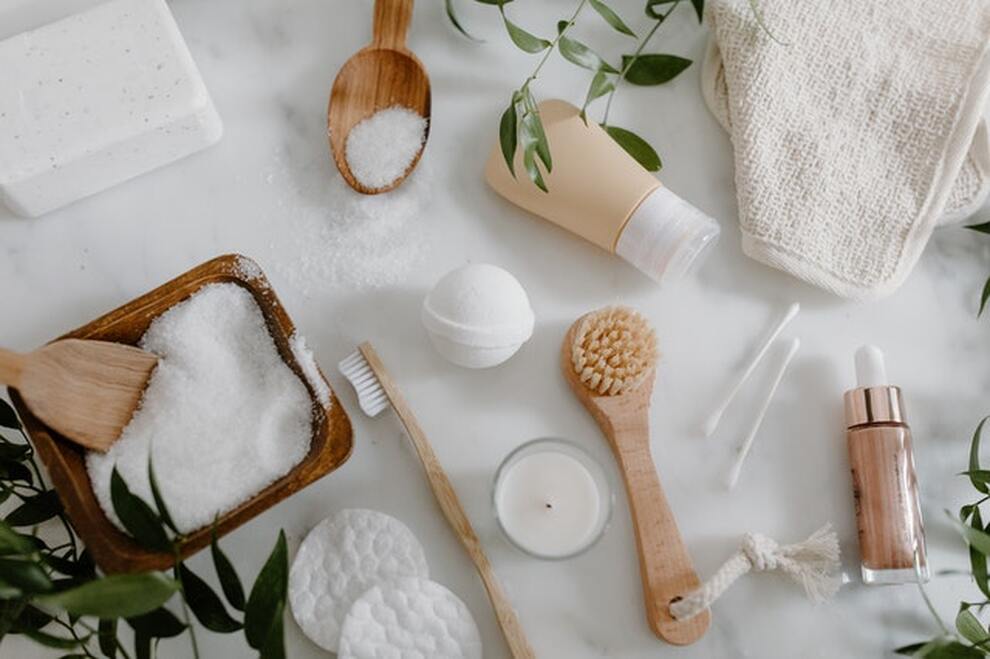|
Humans are wired to always desire improvement and success. Back in the day, the only encouragement was to be the best in our careers. Today, it's different; we have discovered that to be the best in everything, self-care and self-improvement must be a top priority.
It's important that you take care of yourself in order to achieve greater heights in everything that you do. Remember, growth is not an ending journey, hence, self-care should become a lifestyle if you want to experience growth and become a better person, no matter your age. Build productive habits What you do on a daily basis as a pattern is what you become. Habits determine how you live your life and your future in general, that's why what you do daily is more important than what you do once in a while. Whatever long-term achievement you want, it has to be gradual. For instance, it's impossible to lose the weight that you gained in a span of years within weeks. You’ll have to build an exercise routine, adjust your eating habits and change your previous lifestyle. In time, you’ll see results. Some things you can start that will lead to self-improvement are:
Get inspired We all need a push once in a while, maybe to lift us up when we are down or just motivation. To get inspired, you can surround yourself with people who are self-driven. Additionally, you can watch inspirational videos on Youtube and Tiktok. Reading content from inspirational blogs is also a great way of keeping yourself engaged and inspired. Perhaps you want to launch your own company. Think about what you’re passionate about that would translate into an effective business. Or maybe you want to change jobs. This free resume builder will help get the transition started. You can quickly create a resume that stands out from the crowd. Celebrate your achievements Tracking and celebrating your achievements helps you monitor your self-improvement pattern. For someone starting out, these achievements do not have to be major, however small they are, acknowledge them and improve as you go. Conclusion Self-improvement is the first step to a better and more fulfilling life, you’ll be able to look forward to days that you were dreading. You’ll see your productivity at work and relationships with loved ones improving. All this because you are a better version of yourself. Hopefully, we inspired you to become someone better.
|



 RSS Feed
RSS Feed
